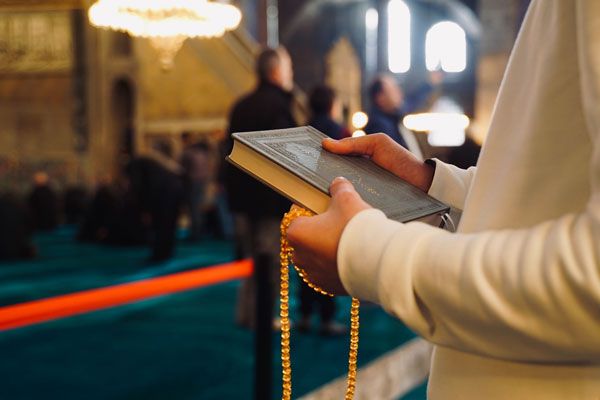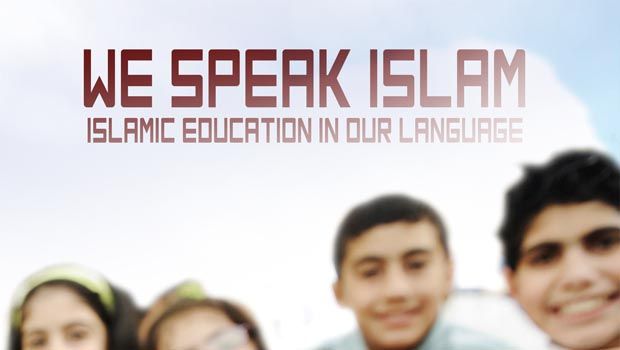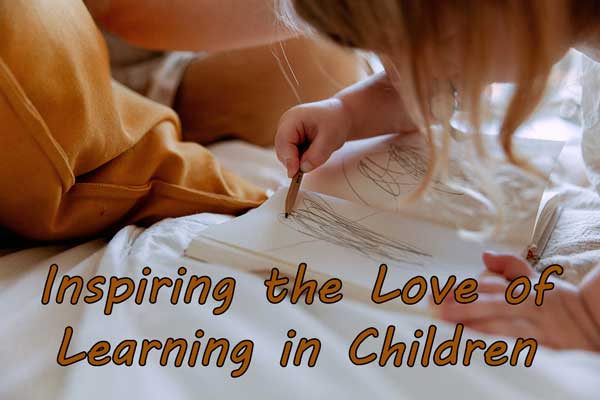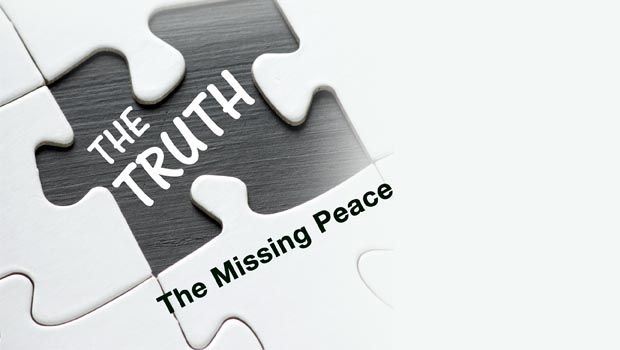What does the ummah (Muslim worldwide community) need today? More specifically, what does the ummah need to do for Ramadan? When reflecting on the many areas of improvement needed, it is crucial to also keep in mind the immense amount of good in our communities. There are countless individuals striving hard every day, sacrificing sleep and other worldly comforts or enjoyments in the pursuit of truth, justice, and relief for those who are suffering. Nevertheless, our ummah can benefit by reflecting on the following areas of need, extracted from three verses of Surat Muhammad.
Aiding the Cause of Allah
“Believers, if you aid Allah, He will come to your aid and will plant your feet firmly” (Qur’an 47:7). Allah commands us to “aid” His cause which requires us to prioritize the centrality of divine revelation in our lives and to abide by its commandments, prohibitions, and admonishments. No doubt, one might benefit most by starting in one’s home. Aiding Allah’s cause is to truly live by its principles in private, behind closed doors, when people in the outside world aren’t watching. Aiding His cause is to treat one’s family with mercy, justice, and love. It is to consume only what is permissible of provisions, to refrain from what is prohibited, and to be honest with Allah and with oneself in all matters. Aiding His cause and the deen is to pray on time, fast in Ramadan, and fulfill all the obligations of Islam because they’re of a greater priority than worldly desires and societal pressures. Aiding His cause is to speak the truth in all situations and to stand firm for justice regardless of who is on the other end of a conflict or situation.
Aiding Allah’s cause is to stay strong when anti-Islamic sentiment increases in the world, when Islamophobia impacts society at a structural level, and when the number of people opposing your religious freedoms increases. It is to be courageous in practicing Islam openly and letting your Muslim identity shine forth, even when others might judge you, misunderstand you, or treat you differently. Aiding Islam is to stand united with your Muslim brothers and sisters and overcome any conflicts or differing opinions that might arise, and doing so in the most Islamic way, with good faith and meticulous adaab, and uncompromising fairness.
Our ummah today is greater in number and more advanced in technology and worldly materialism compared to previous generations of Muslims, and yet Muslims in many countries are oppressed and suffering. One of the primary reasons for the situation of Muslims today is a disconnect from the practice of Islam; instead, there is an attachment to this world and its illusions. Although this doesn’t imply that all previous Muslims were righteous or that all current Muslims are not, there is certainly room for improvement in our ummah today.
Increased Guidance and Taqwa
“As for those who are guided, Allah increases them in guidance and causes them to grow in God-consciousness [taqwa]” (Qur’an 47:17). One of the primary objectives of fasting in Ramadan is to gain taqwa (2:183), the God-consciousness that produces awe and fear of God and cultivates piety. Undoubtedly, taqwa should be an ongoing objective in all acts of worship on our journeys towards Allah, regardless of the time of the year or the phase of life we’re experiencing. Our ummah today needs to bridge the gap between what we believe to be true and what we implement of it. The pursuit of truth is only the first step. Once a human being finds truth, there needs to be an implementation of that truth with dedication and consistency. With Islam, we are required to not only identify as Muslims or to claim we believe in Allah and His final messenger, but to also fulfill as much of Islam as we possibly can.
There are perhaps two billion Muslims in the world today and the population is growing quickly. However, we can honestly admit that not all two billion Muslims are practicing Islam properly in terms of character, rituals, rulings, etc. A useful question to ask frequently is this: What would the world look like if every Muslim alive today fully practiced Islam by embodying its guidance and striving for taqwa? We would assume that society would be a more just place as Muslims, practicing Islam, would strive regularly to implement what is true and just, to advocate for the oppressed, and to spread morality through norms, beliefs, and policymaking in their respective societies. Another aspect of such an alternative world would be the impact of Muslims on the general optimism spread in the world through Islamic theology, positively impacting mental health and decreasing problems in society related to mental health struggles. Additionally, if all Muslims practiced Islam, it’s likely that Muslims would be more united, and more Muslim-majority countries would be strong and inspiring role models.
The pursuit of truth begins with embracing Islam after which the pursuit of guidance ensures the strengthening of belief, remaining steadfast in one’s faith, and gaining of taqwa.
Reflecting Upon the Qur’an
“Do they, then, not reflect on the Qur’an? Or are there locks on their hearts?” (Qur’an 47:24). An individual’s worldview is the way he or she observes and understands the world in terms of how the universe operates, what the purpose and meaning of life is, whether there is a divine reality and an objective moral code, and what one’s place in the world is. Your worldview impacts everything you do in life, from the way you live, righteously or otherwise, to your perception of what is moral or just in social, political, economic, and other areas of society. For Muslims, our worldview is Qur’anic in that it is based on what Allah, the Exalted, has revealed, and what has been clarified and taught by the Messenger of Allah. However, too many Muslims believe that the Qur’an is from Allah without ever connecting to it, practicing its guidance, or viewing the world through its lens.
It is as though our spiritual hearts have the potential to be shackled, or locked, as the above verse states. The heart is the most precious thing we must protect. Yet, the state of one’s heart is not necessarily on or off, black or white, open or closed. The spiritual heart operates on a spectrum. Sometimes a Muslim might see the signs of Allah but feel too weak to change for the better or accept advice or open his or her heart to the transformative power. It is like the heart is covered by some layer or layers — it could be laziness or stubbornness or pride or many other things.
A sign of a covering on the heart is when one does not feel connected to the Qur’an, is not moved by it, doesn’t feel inclined to reference it, or commit to live by it. But the very cure we need is the Qur’an itself. The Book of Allah breaks the shackles and removes the layers upon the heart. Then one is able to see how crucial the Qur’an is for the life of the individual and the life of humanity. The cure of the Qur’an motivates the believer to strive on a path that is straight, a journey toward purification of the heart, a dedication to justice and helping to bring about the fulfillment of all people’s rights and relief from oppression and suffering.
The Qur’an contains the emotional and psychological tools that facilitate resilience for Muslims in this world of trials and tribulations, and it contains the spiritual remedy for the diseased heart that allows a person to engage in sinfulness or a lifestyle of heedlessness. Indeed, the one who listens to the Qur’an regularly, with open and spiritually supple heart, will conform their desires to what Allah has revealed. No more trying to change Islam to fit their desires.
Every believer who has come and gone, each one who held the Qur’an in reverence and deep-felt appreciation, had a final experience with it, a final recitation, a final reflection. Let us not depart from this world with anything but profound realization of the powerful guidance, cure, and light that we are all blessed with through the Qur’an. Let us reflect during this Ramadan upon our immense blessings.




